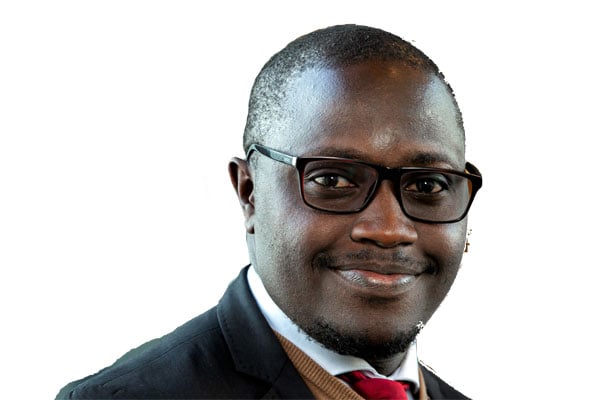Prime
Appointing judges in acting capacity is illegal

Lawyer Ivan Bwowe. PHOTO/FILE
What you need to know:
- The purpose of this article, however, is not to shower praises but to highlight the illegality and irregularity in appointing the 16 Judges of the High Court in acting capacity as indicated in the Judicial Service press release of May 22.
I congratulate all those who have been appointed acting Judges of the High Court of Uganda. Law is a double-edged sword. The law is so strict that it limits the structure and scope of power of those that are supposed to enforce it. We need more judicial officers without abusing the law.
In recent months, the Judicial Service Commission has been actively recruiting judicial officers. I want to congratulate those who have been called to judicial service or promoted. I pray that you dispense justice.
The purpose of this article, however, is not to shower praises but to highlight the illegality and irregularity in appointing the 16 Judges of the High Court in acting capacity as indicated in the Judicial Service press release of May 22.
The appointment of judges and all judicial officers is an elaborate process governed by the Constitution, Judicial Service Act and the Judicial Service Commission regulation statutory instrument No. 87 of 2005. The Constitution and all other legislations don’t give the President powers to appoint Judges of the High Court in acting capacity.
The lengthy bureaucratic processes in appointing judicial officers may include adverts calling for applications, interviews and tests and the rationale is that by the time one is recommended to be appointed a Judge or Justice, the Judicial Service Commission is satisfied with the competence of the applicant.
The appointing authority can equally verify that competence and so is the approving authority (Parliament). Probation or the two years acting capacity is likely to conflict with the notion that judicial officers enjoy security of tenure which is core to the independence of judicial officers.
In this case, judicial officers will have to watch their backs for approval upon completion of two years. The Constitution envisaged removal of judges if there is underperformance hence further watering down the requirement of probation or acting capacity for judicial officers.
This is the first time the judges of a court of record are appointed in acting capacity under the 1995 Constitution. This kind of appointment is similar to appointments in military ‘courts’ where court members serve for one year subject to renewal of which the result has been catastrophic to the independence of the judicial military system.
In their acting capacity, they are seen to serve at the pleasure of the presidency which is a clear violation of Article 128 (1) of the Constitution. The country is on its way to abusive constitutionalism and provided the appointment passes, the 1995 Constitution remains a sham.
Appointment of judges of the High Court in acting capacity, tantamounts to unconstitutional amendment of the Constitution. Whereas section 27 of the Judicial Service Act Cap 14 gives the powers to the Judicial Service Commission to make regulations in relation to the discharge of its constitutional duty, this does not extend to creating offices of acting judges of the High Court.
The “acting” referred to by Regulation 19 of the Judicial Service Commission Regulation, Statutory Instrument No. 87 of 2005 can be traced in the example of former Deputy Chief Justice Kavuma acting as Chief Justice before the appointment of Justice Bart Katureebe as the Substantive Chief Justice.
This does not apply to new appointments from either government institutions, private practice or those being promoted within the judiciary ranks.
Judicial officers should not be appointed in an acting capacity. What happens when, let’s say, a chief magistrate is elevated and appointed acting judge and is not approved after two years? Do they revert to their former rank or the rank acquired when they were appointed acting judge?
The recommendation by the Judicial Service Commission to the President to appoint acting judges of the High Court therefore is unconstitutional, has no legal backing or basis and as such null and void. Parliament cannot go hence fourth and approve acting judges of the High Court.
This is not in any way the fault of the 16 appointed as acting Judges of the High Court as I am certain they applied to be judges of the High Court. The Commission can cure this error by issuing fresh instruments recommending the 16 for appointment as judges of the High Court to the President.
Mr Ivan Bwowe is an Advocate of the High Court.




